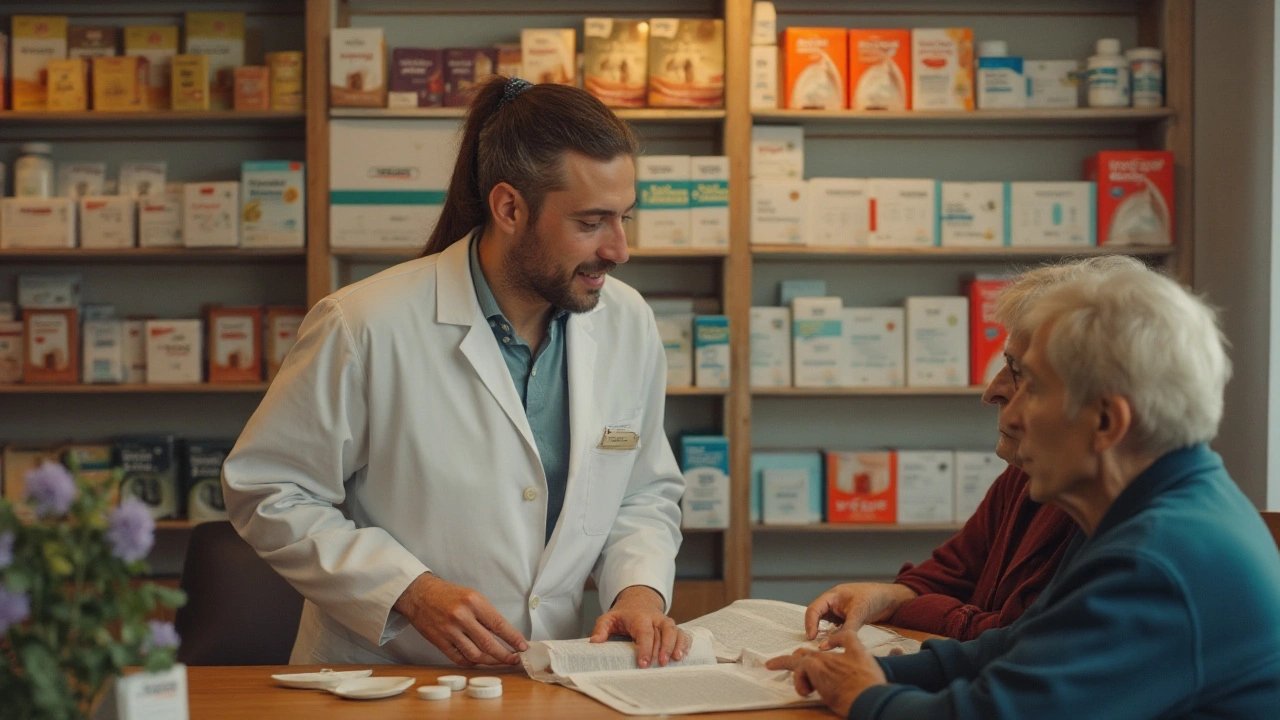Want to protect your heart without getting lost in medical jargon? Start with a few clear habits you can use right away: control blood pressure, improve cholesterol, stay active, and take medicines the right way. Below are practical steps and quick explanations so you can act with confidence.
Measure blood pressure at home if you can. For most people at risk, a target around 130/80 mm Hg or lower is recommended — talk with your doctor to set your exact goal. Record readings and bring them to appointments.
Cut back on salt and processed foods. Swap packaged meals for simple home-cooked dishes: lean protein, whole grains, vegetables, and fruit. The DASH-style approach works well for most people.
Move more. Aim for 150 minutes a week of moderate activity — brisk walking, cycling, or swimming. Short 10–20 minute sessions added through the day beat long workouts you never start.
Quit smoking and limit alcohol. Smoking raises risk quickly; stopping helps your heart fast. If you drink, keep it moderate — one drink a day for women, two for men is the usual advice.
Maintain a healthy weight. Losing even 5–10% of body weight often improves blood pressure, cholesterol, and blood sugar.
Some meds protect the heart more than lifestyle alone. Statins lower LDL cholesterol and cut heart attack risk. Fenofibrate targets high triglycerides and can be helpful if your triglycerides are elevated — read more about fenofibrate in our guide: Fenofibrate's Role in Boosting Cardiovascular Health.
Blood pressure drugs vary — ACE inhibitors, ARBs, calcium channel blockers, and beta-blockers each have roles. If one drug doesn’t work or causes side effects, there are safe alternatives. For example, people who can’t take verapamil may consider other options — see our comparision: 7 Alternatives in 2025 to Verapamil.
Take meds exactly as prescribed. Missed doses reduce benefit. If side effects bother you, don’t stop suddenly — talk to your clinician or pharmacist for a plan.
Watch supplements carefully. Omega‑3s can lower triglycerides but check dose and quality. Some supplements and herbal products interact with prescription meds, so ask before combining them.
When to get urgent care: chest pain, shortness of breath, fainting, sudden weakness, or jaw/arm pain can be signs of a heart attack or stroke. Don’t wait — call emergency services right away.
Need meds or worried about costs? Our site covers trusted online pharmacies and safe ordering tips so you can compare options and avoid scams. If you want, start with the fenofibrate and medication alternatives articles linked above to learn specifics.
Small, consistent changes beat dramatic one-off fixes. Pick one habit — monitor your BP, start short daily walks, or talk to your doctor about cholesterol — and build from there.

Explore nine alternatives to Inderal in 2025 that offer varying benefits for treating heart conditions, managing anxiety, and preventing migraines. This article dives into each alternative, comparing their pros and cons to help you make informed health decisions. Discover new options that might better suit your individual needs and lifestyle.
Learn how the VA formulary works, what generic medications are covered, and how veterans save money on prescriptions with low copays, Meds by Mail, and strict generic-first policies.
Specialists often choose brand-name drugs over cheaper alternatives because of limited treatment options, patient safety concerns, and systemic barriers. Here's why specialty prescribing remains dominated by high-cost medications.
Paul Jessup, the ex-managing director of Strand Capital SA, has been disqualified from serving as a company director for nine years. The Insolvency Service found him guilty of misusing funds from Helvetica Investments Ltd, leading to a significant financial shortfall and his subsequent disqualification.
Get the lowdown on Zyprexa, a medication widely used for serious mental health conditions like schizophrenia and bipolar disorder. This deep dive covers how it works, what to expect, tips for handling side effects, and real-life facts you won't find on drug labels. Whether you're navigating a new diagnosis or supporting someone who takes Zyprexa, you'll find practical advice and clear info right here.
Learn the real red flags that mean you need to call your doctor immediately when taking medication - and what side effects are usually harmless. Stop guessing. Start acting.